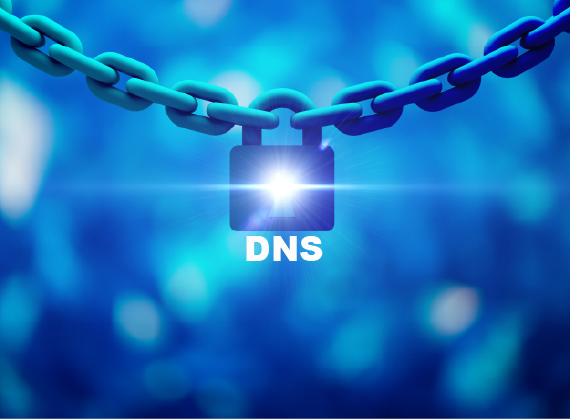The Role of Private DNS in Mobile VPNs

In today's digital landscape, safeguarding online privacy and ensuring secure internet connections are paramount, especially for mobile users...
This is where Private DNS within Mobile Virtual Private Networks (VPNs) comes into play...
Understanding Public vs. Private DNS
Public DNS servers, such as those offered by Google (8.8.8.8)...
Private DNS servers, on the other hand...
How DNS Leaks Occur and Prevention through VPNs with Built-in Private DNS
A DNS leak happens when DNS queries are sent outside the encrypted VPN tunnel...
VPNs equipped with built-in private DNS servers mitigate this risk...
The Impact of Encrypted DNS: DoH vs. DoT on Mobile Security and Speed
To further enhance DNS security, encrypted DNS protocols like DNS over HTTPS (DoH)...
DNS over HTTPS (DoH): DoH sends DNS queries over HTTPS connections...
DNS over TLS (DoT): DoT transmits DNS queries over a dedicated TLS connection...
In the context of mobile VPNs, both DoH and DoT can be implemented...
Incorporating private DNS within mobile VPNs significantly enhances user privacy...